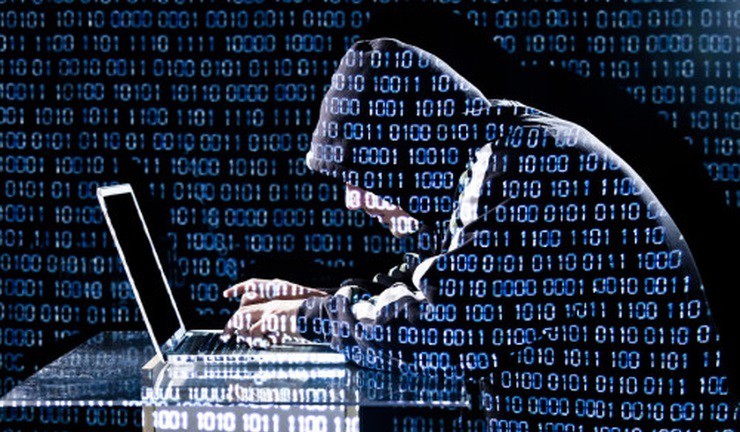Witness the Birth of a Sanctions Regime

On April 1, 2015, President Obama signed an executive order titled “Blocking the Property of Certain Persons Engaging in Significant Malicious Cyber-Enabled Activities.” With the recognition of “an extraordinary threat to the national security, foreign policy, and economy of the United States,” mandated by National Emergencies Act (NEA), the EO establishes a sanctions program to target overseas cyber-aggressors who engage in activities that contribute to this threat. The authority to implement a new sanctions regime is granted to the President by the International Emergency Economics Powers Act (IEEPA), 50 U.S.C. 1701.
Pursuant to the new EO, the Secretary of the Treasury is to identify persons and entities that are “responsible for, or complicit in” cyber-activities that have the purpose of harming critical infrastructure, exposing trade secrets, or receiving misappropriated commercial competitive advantage for private financial gain. Persons identified as such are not only subject to having property and any interest in property blocked, but are also barred from entering the United States.
The program is modeled after other initiatives that have effectively addressed national security threats in the past, such as counterterrorism and counter-proliferation based sanctions. Imposing sanctions on cyber-aggressors is not an unprecedented strategy— just last year, the United States implemented sanctions on persons and entities in Pyongyang after intelligence indicated that the cyber-attacks on Sony originated from North Korea. As cyberspace becomes the most efficient global battleground for a large spectrum of persons and entities, the executive order aims to defend the United States public from cyber-aggression in this new theater of war.
This post was written by Aman Cheema, a Legal Intern at Ferrari & Associates P.C. Aman is currently a 2nd-year law student at George Washington University.

